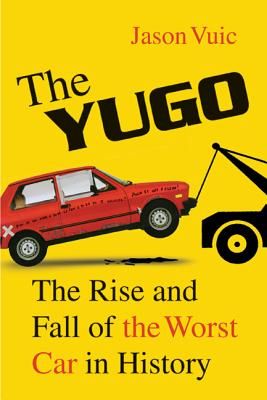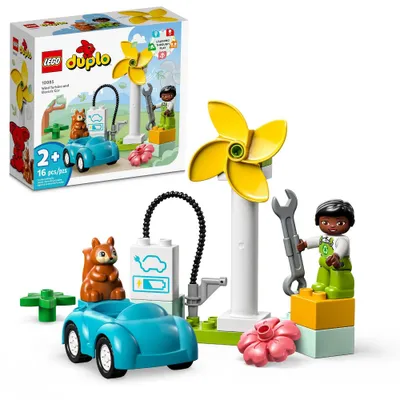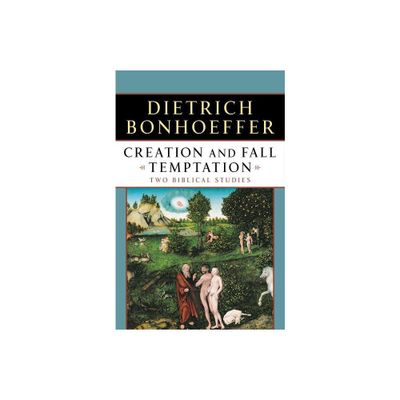Home
Chrysler's Turbine Car: The Rise and Fall of Detroit's Coolest Creation
Loading Inventory...
Barnes and Noble
Chrysler's Turbine Car: The Rise and Fall of Detroit's Coolest Creation
Current price: $17.99


Barnes and Noble
Chrysler's Turbine Car: The Rise and Fall of Detroit's Coolest Creation
Current price: $17.99
Loading Inventory...
Size: Paperback
*Product Information may vary - to confirm product availability, pricing, and additional information please contact Barnes and Noble
"Fascinating." —
Vanity Fair
"A delightful history." —
Wall Street Journal
In 1964, Chrysler gave the world a glimpse of the future. The automaker built a fleet of turbine cars—automobiles with jet engines—and lent them out to members of the public. The fleet logged over a million miles; the exercise was a raging success.
These turbine engines would run on any flammable liquid—diesel, heating oil, kerosene, tequila, even Chanel No. 5. If the cars had been mass produced, today we might have cars that do not require petroleum-derived fuels. The engine was also much simpler than the piston engine—it contained far fewer moving parts and required much less maintenance. The cars had no radiators or fan belts and never needed oil changes.
Yet Chrysler crushed and burned most of the cars two years later; the jet car’s brief glory was over. Where did it all go wrong?
Steve Lehto has interviewed all the surviving members of the turbine car program, from the metallurgist who created the exotic metals for the interior of the engine to the test driver who drove it at Chrysler’s proving grounds for days on end. Lehto takes these firsthand accounts and weaves them into a fascinating story about the coolest car Detroit has ever produced.
Vanity Fair
"A delightful history." —
Wall Street Journal
In 1964, Chrysler gave the world a glimpse of the future. The automaker built a fleet of turbine cars—automobiles with jet engines—and lent them out to members of the public. The fleet logged over a million miles; the exercise was a raging success.
These turbine engines would run on any flammable liquid—diesel, heating oil, kerosene, tequila, even Chanel No. 5. If the cars had been mass produced, today we might have cars that do not require petroleum-derived fuels. The engine was also much simpler than the piston engine—it contained far fewer moving parts and required much less maintenance. The cars had no radiators or fan belts and never needed oil changes.
Yet Chrysler crushed and burned most of the cars two years later; the jet car’s brief glory was over. Where did it all go wrong?
Steve Lehto has interviewed all the surviving members of the turbine car program, from the metallurgist who created the exotic metals for the interior of the engine to the test driver who drove it at Chrysler’s proving grounds for days on end. Lehto takes these firsthand accounts and weaves them into a fascinating story about the coolest car Detroit has ever produced.


















